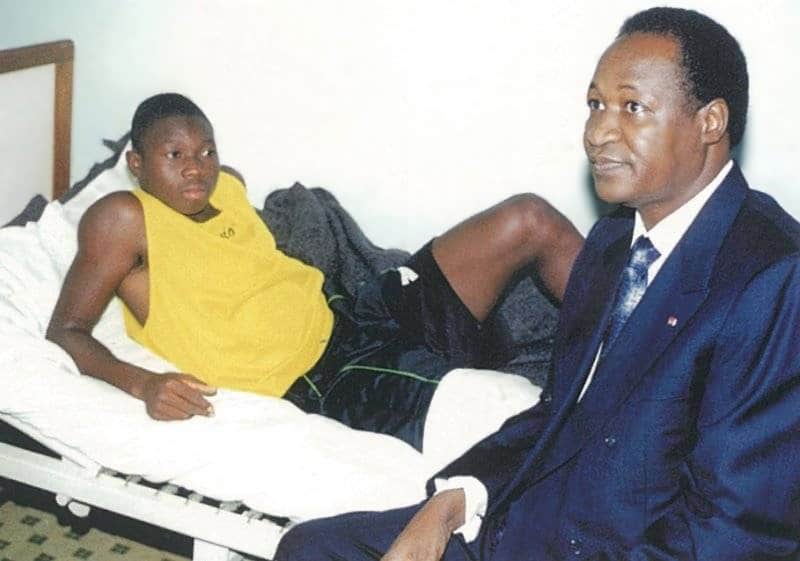In 1991, ranking close to the bottom in world rankings on education with one of the lowest net school enrollment ratios, Burkina Faso was in 2014 on track for universal primary education by 2016. Since 2007, education is compulsory for all children under the age of 17.
At the universities, this significant increase in the number of students combined with an ongoing strike issue destabilized the academic schedule. Hence, a student who passed the baccalaureate exam in 2006 could have to wait until 2008 to start university. In addition to this schedule issue, there was a shortage of infrastructures, teachers, and jobs at the end of the university course; this problem still persists today.
The development of a peaceful environment for university students was hindered by these major obstacles. The students felt frustrated and consequently much more critical of President Compaoré than their urban and rural counterparts who did not attend higher education.
On the other hand, the Burkinabè youth residing in Côte d’Ivoire admired President Compaoré. In addition to typical African youth problems such as unemployment, precariousness, and exclusion, these young Burkinabè – numbering two million – endured a violent wave of xenophobia in 2010. Most of the 5,000 Burkinabè who died during the Ivorian crisis were young. For this category of Burkinabè youth, Blaise Compaoré was a savior who brought peace and reconciliation to Côte d’Ivoire.
On March 4 th, 2007, Gbago and rebel leader Guillaume Soro signed a new peace accord in Ouagadougou, brokered by Blaise Compaoré. The 2007 Ouagadougou agreement fixed deadlines for a disarmament process and for the nationwide issuing of new identity papers. Compaoré’s country men highly appreciated his initiatives to solve the Ivorian crisis. And, 2008 was a year when his popularity hit its peak, notably among young people.
The Compaoré administration’s efforts to improve the fields of sports and culture (film, handicrafts, theater and music), both much favored by the Burkinabè youth, within the country and abroad was largely applauded, earning him a certain degree of popularity.
